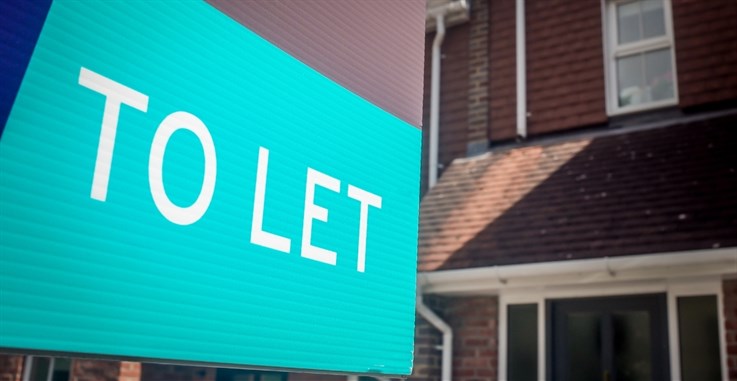Reminder for Landlords in Northern Ireland on Electrical Safety Checks in the Private Rented Sector
Landlords in the Private Rented Sector (PRS) in Northern Ireland are reminded of electrical safety checks that must be carried out for existing tenancies. Earlier this year, new legislation in Northern Ireland made electrical safety checks a legal requirement for landlords of properties let under private tenancies.













